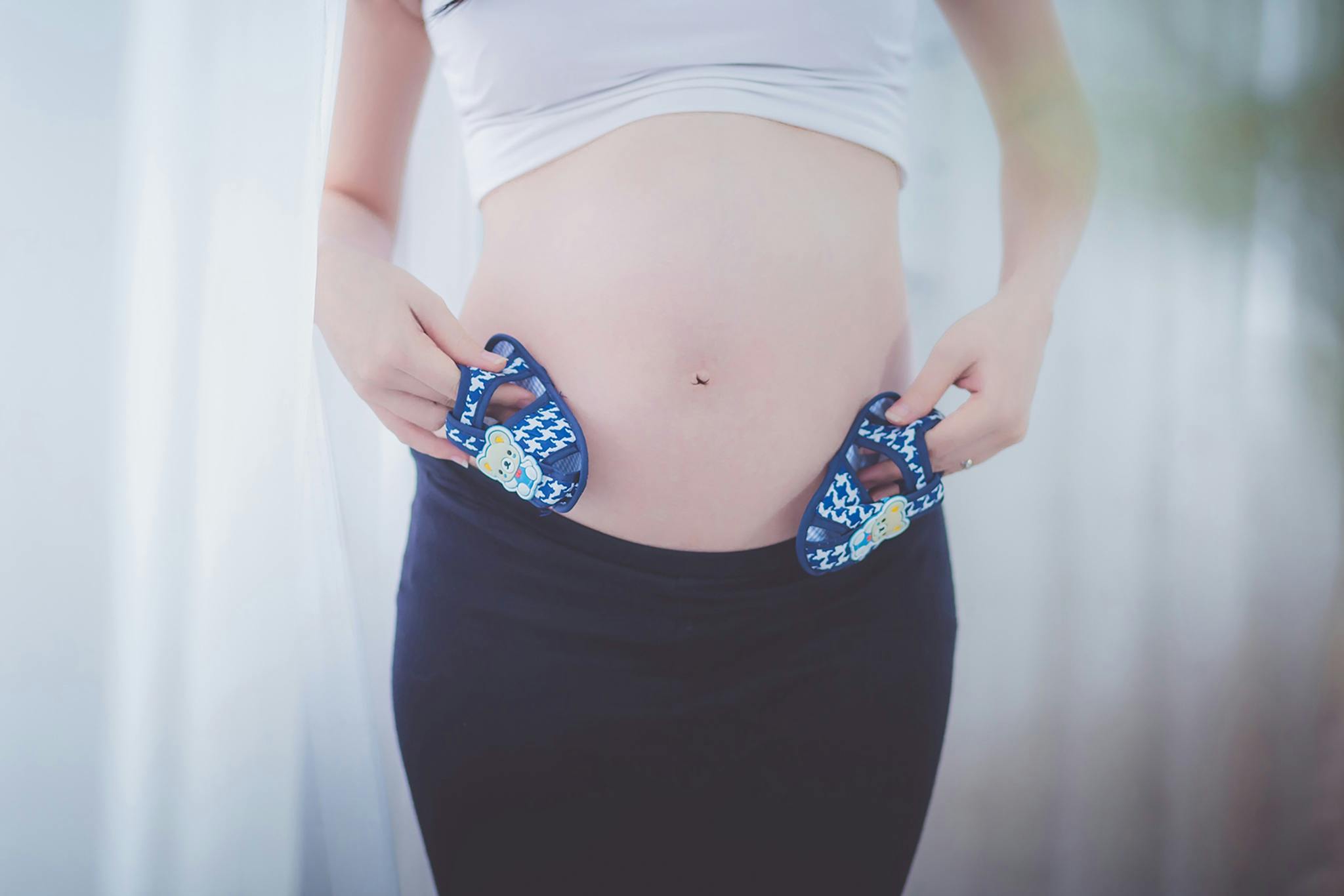



The first trimester brings big changes. Even if you do not look pregnant yet, your body is already working hard to grow and support your baby. Fatigue, nausea and hormonal shifts can make staying active feel difficult, but preparing your body early can help you feel stronger, reduce discomfort and support a smoother pregnancy.
Here is how to safely and effectively prepare your body for the changes ahead during the first trimester.
Why it matters: Exercise can boost energy, reduce nausea and improve circulation. Staying active early on builds endurance and strength for later pregnancy.
Best types of exercise:
Avoid: High-impact activities, heavy lifting and excessive jumping if you feel fatigued or dizzy. Listen to your body.
Why it matters: A strong core and pelvic floor help support your growing bump, reduce lower back pain and prepare for labour.
Safe core exercises:
Avoid: Crunches or sit-ups, as they put pressure on your abdomen.
Why it matters: As your pregnancy progresses, your centre of gravity shifts, increasing strain on the lower back and hips. Starting good posture habits now can help prevent pain later.
Posture tips:
Desk setup:
Why it matters: Your body is working overtime growing a baby, so it is normal to feel more tired. Prioritising rest now will help manage energy levels as pregnancy progresses.
Tips for better rest:
Avoid: Overexerting yourself. Listen to your body and adjust activity levels as needed.
Why it matters: Stress affects both you and your baby, so finding ways to stay calm and relaxed is essential.
Ways to reduce stress:
Avoid: Overloading yourself with commitments. Give yourself permission to slow down when needed.
The first trimester is a time of big changes, but small, mindful adjustments in movement, nutrition, posture and rest can set you up for a stronger, healthier pregnancy.
By building good habits now, you will prepare your body for the increased demand of later trimesters, making the journey more comfortable and enjoyable.